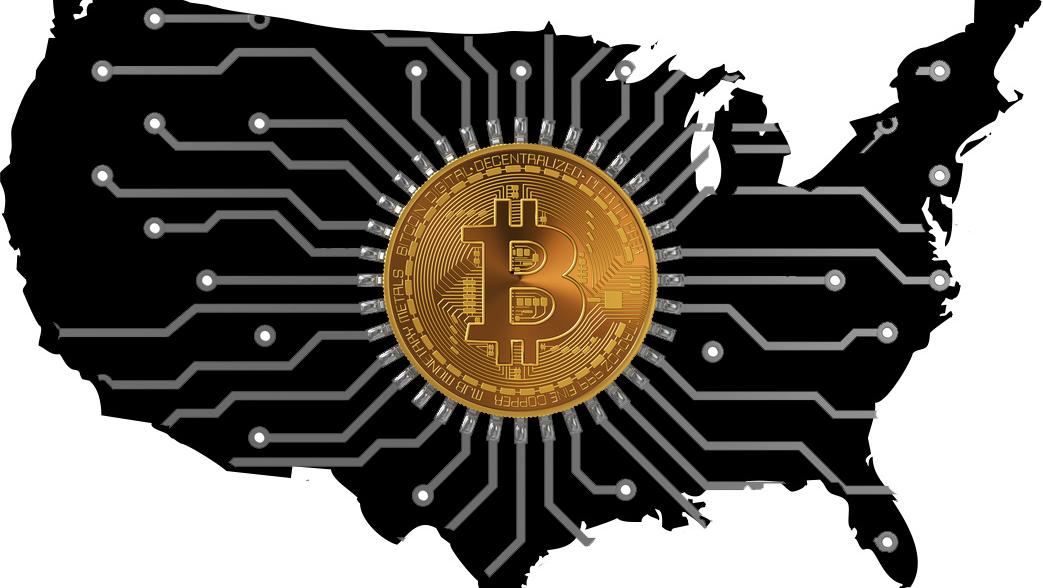PALO ALTO, Calif. (Reuters) - The Federal Reserve is looking at a broad variety of concerns around digital payments and currencies, consisting of policy, design and legal considerations around possibly releasing its own digital currency, Governor Lael Brainard said on Wednesday. Brainard's remarks suggest more openness to the possibility of a Fed-issued digital coin than in the past." By transforming payments, digitalization has the possible to deliver higher worth and benefit at lower cost," Brainard stated at a conference on payments at the Stanford Graduate School of Organization.
Reserve banks internationally are debating how to handle digital finance technology and the dispersed journal systems utilized by bitcoin, which assures near-instantaneous payment at possibly low cost. The Fed is establishing its own day-and-night real-time payments and settlement service and is currently examining 200 remark letters sent late last year about the suggested service's style and scope, Brainard said.
Less than two years ago Brainard told a conference in San Francisco that there is "no engaging showed requirement" for such a coin. But that was Click here! before the scope of Facebook's digital currency aspirations were commonly understood. Fed authorities, including Brainard, have raised issues about customer protections and information and personal privacy threats that could be presented by a currency that could enter into use by the third of the world's population that have Facebook accounts.
" We are working together with other main banks as we advance our understanding of central bank digital currencies," she stated. With more countries looking into providing their own digital currencies, Brainard stated, that contributes to "a set of factors to also be making certain that we are that frontier of both research study and policy development." In the United States, Brainard stated, concerns that need study include whether a digital currency would make the payments system much safer or easier, and whether it might posture monetary stability threats, consisting of the possibility of bank runs if cash can be turned "with a single swipe" into the reserve bank's digital currency.
To counter the monetary damage from America's unmatched national lockdown, the Federal Reserve has taken unprecedented steps, consisting of flooding the economy with dollars and investing directly in the economy. Many of these relocations got grudging approval even from numerous Fed skeptics, as they saw this stimulus as required and something only the Fed could do.
My new CEI report, "Government-Run Payment Systems Are Hazardous at Any Speed: The Case Versus Fedcoin and FedNow," details the threats of the Fed's current plans for its FedNow real-time payment system, and propositions for main bank-issued cryptocurrency that have been dubbed Fedcoin or the "digital dollar." In my report, I talk about issues about personal privacy, data security, currency manipulation, and crowding out private-sector competition and development.

Advocates of FedNow and Fedcoin state the federal government should produce a system for payments to deposit immediately, instead of encourage such systems in the private sector by lifting regulative barriers. However as noted in the paper, the private sector is offering a relatively limitless supply of payment technologies and digital currencies to solve the problemto the level it is a problemof the time space in between when a payment is sent and when it is received in a checking account.
And the examples of private-sector development in this location are numerous. The Cleaning House, a bank-held cooperative that has actually been routing Homepage interbank payments in numerous kinds for more than 150 years, has actually been clearing real-time payments because 2017. By the end of 2018 it was covering 50 percent of the deposit base in the U.S.